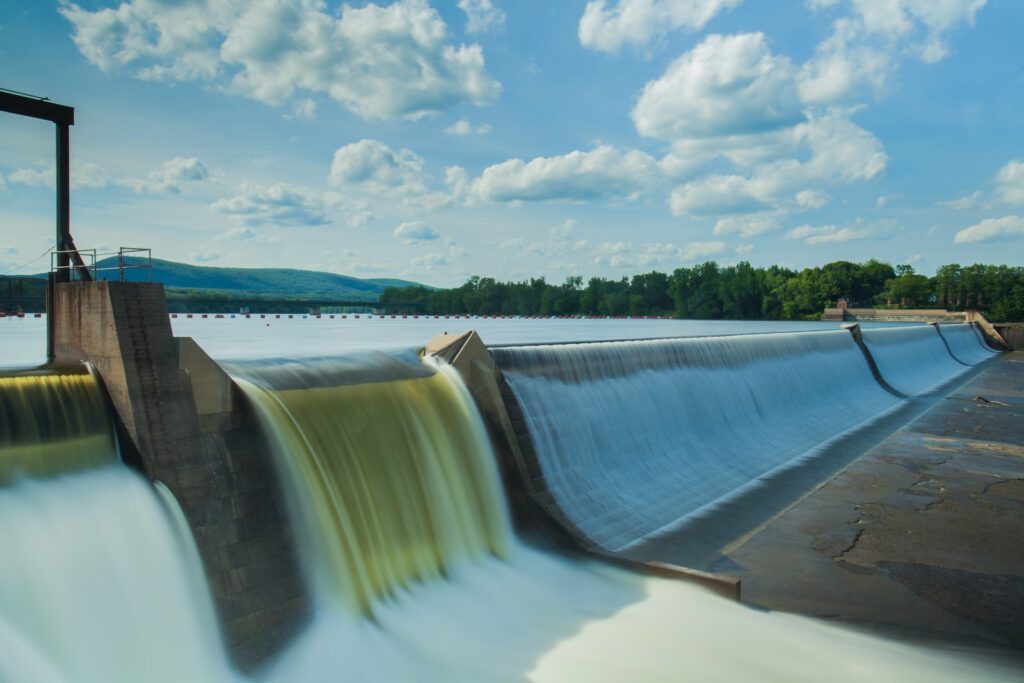Hydropower systems can cause water conflict if unbalanced
Without smart design, hydropower dams which create clean energy can cause problems for other sectors, such as food production, says a new study.
Hydropower is a popular form of renewable energy, accounting for 40% of the worlds renewable energy, while wind and solar make up 55%.
A major benefit of the energy source is that it can switch on and off quickly, meaning it’s able to balance the grid when wind and solar power is insufficient.
However, research led by the University of Manchester has discovered that operating hydropower with just this goal in mind can negatively impact sectors like food production which rely on a consistent supply of energy.

Researchers in Ghana used an AI design tool to show how balanced management and investment can ensure strategic roles and locations for hydropower, bioenergy, solar and wind power.
‘Ghana has many development priorities alongside reducing greenhouse gas emissions to meet our commitments under the Paris Agreement,’ said Dr Emmanuel Obuobie, Senior Research Scientist at Ghana’s Council for Scientific and Industrial Research (CSIR). ‘This study shows how different environmental, economic and social objectives can be balanced at system scale when selecting infrastructure investments.’
The study highlights how all power systems are embedded in human-natural systems which affect water supply, food and the environment in different ways.
With nations clear that they need to reduce emissions to meet net zero goals, many are driving the uptake of renewables to achieve this, but the ability to combat the negative impacts of inefficiently operating renewable energy sources is lacking.
The design tool used in the research could help to rectify this, allowing energy planners to identify and mitigate potential negative impacts of renewable energies. This could ensure increased investment in power systems with multisector performance instead.
Professor Julien Harou, Chair of Water Engineering, commented: ‘This new strategic planning approach helps to reduce emissions country-wide without leading to increased water conflict.’
Photo by American Public Power Association















